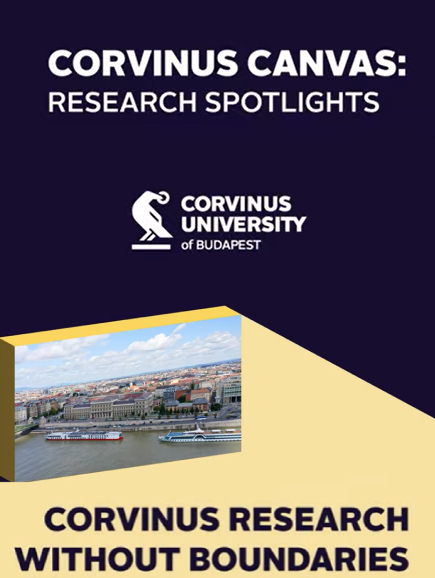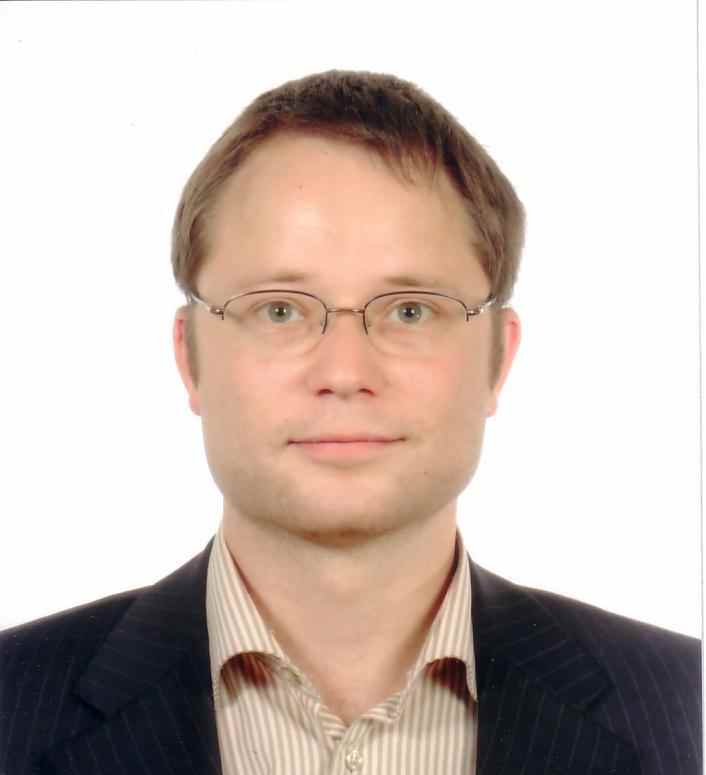Center for Central Asia Research
OUR RESEARCH FOCUS
The primary objective of our research centre is to support the development of economic, political, scientific and educational relations between Hungary and Central Asian countries through applied research. We prepare analyses on the political economic and social situation and problems of the countries in the region. The CCAR centre also cooperates with several Central Asian universities and research institutes, particularly on topics (e.g. water management, water diplomacy) that have a decisive influence on the economic development, political and social stability of the region. The Centre is involved as coordinator in the implementation of an Erasmus+ project aimed at modernising the water management and water diplomacy curricula of 11 Central Asian universities.
Water as a driver of sustainable recovery: economic, institutional and strategic aspects of water resources management in Central Asia – project
Corvinus University is an associated partner in the implementation of the Erasmus+ HWCA project. The main objective of the World Bank-funded research programme, which ended in February 2024 and supported the launch of the World Bank 2030 WRG activities in Kazakhstan, was to formulate recommendations that would create an opportunity for Hungarian water industry companies to participate in the implementation of the group’s projects and for Hungarian universities to participate in the training of experts and decision-makers. The implementation of the project continued to be professionally coordinated by the Research Centre (Corvinus remained an associated partner in the consortium). The aim was to modernise teaching materials on water diplomacy and water management at 12 Central Asian universities and to train teachers.
In Central Asia, the effects of climate change are most dramatic in the water sector. As the water supply of the countries in the region depends on two large transboundary watersheds, the problems can only be solved through regional cooperation. In the case of both projects, the Research Centre sought to identify the reason for the sector’s three decades of underfunding, the dilapidated state of the infrastructure, which is causing huge losses. In the course of the analysis, we applied the theory of complex interdependence to examine the problems of regional cooperation and formulate recommendations, instead of the previous approaches that focused mainly on engineering and technical issues and advocated copying best practices abroad.
Partnerships
- Kazakhstan Institute of Strategic Studies,
- University of World Economy and Diplomacy (Taskent),
- Academy of Public Administration under the President of the Republic of Kazakhstan,
- Diplomatic Academy of the Ministry of Foreign Affairs of the Kyrgyz Republic,
- IHE Delft Institute for Water Education,
- Unversity of Bergamo,
- University of Reims,
- Kazakh-German University (Almaty)
IMPACT
In 2022-2024, the Centre, as leader of a consortium of 16 universities, prepared an Erasmus+ application (800,000 EUR) which was awarded a grant by the European Commission in September 2022. The World Bank-funded research programme also included a project testing Hungarian technologies. The Kazakh Government plans to transform the water sector by 2030. The Kazakh side announced it would send students and doctoral students to Hungary for training.


